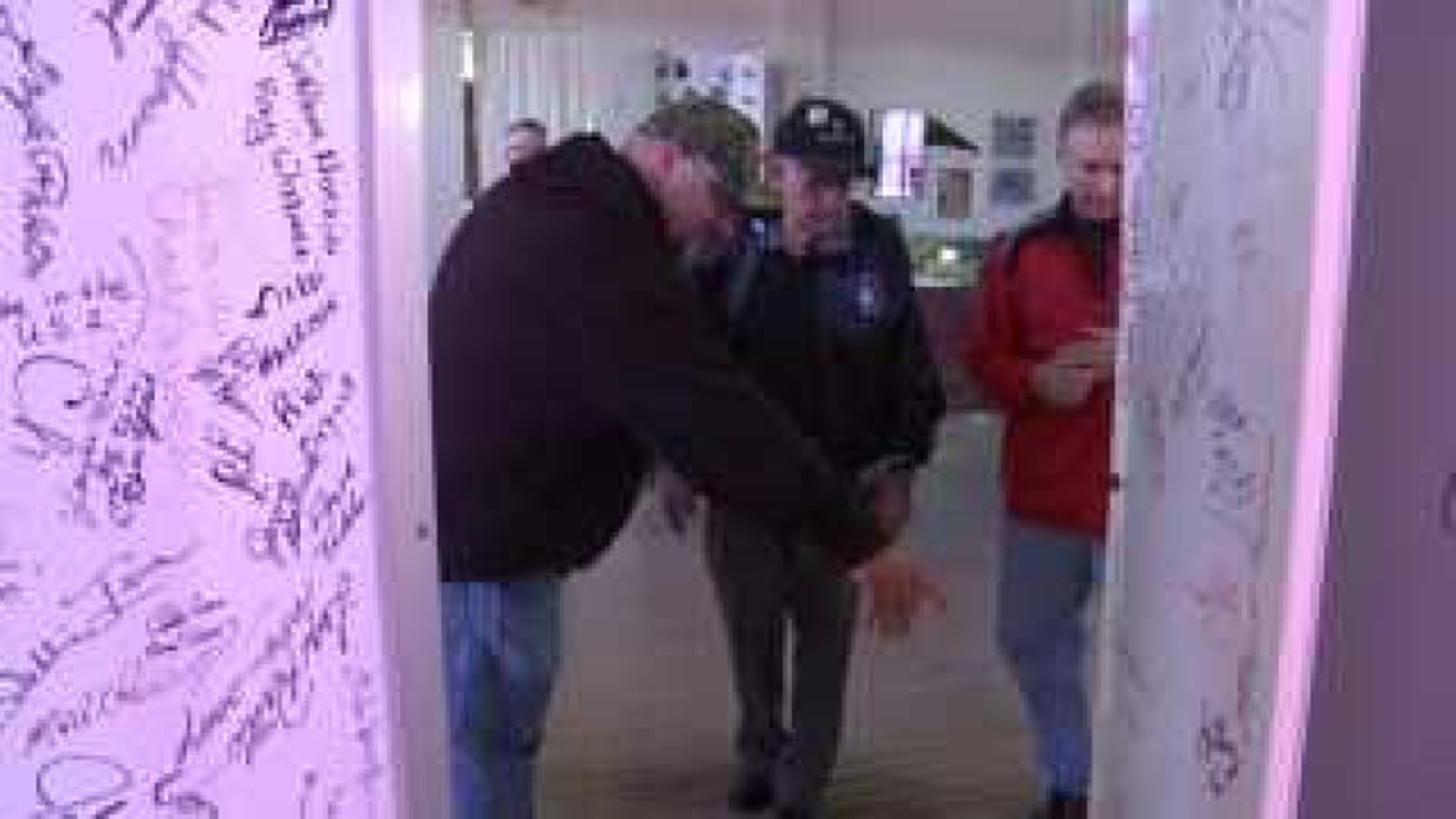There's a story behind every signature on refrigerators displayed by the Galesburg Historical Society.
"This is family that I'm looking at," said Doug Dennison, 53, who spent 21 years with Maytag.
Each name at the Galesburg Antiques Mall represents hundreds of Maytag workers. They built every refrigerator with pride.
"We knew that whatever we built, it was going to be in the homes of our family, friends and neighbors," said Aaron Kemp, 41, who worked at the plant for eight years. "We took a lot of pride in it."
A decade ago this week, the final refrigerators came off the line in Galesburg.
"For so many years, I walked through the gates," recalled Mike Patrick, 74, who spent 46 years at the plant.
The last of some 1,600 jobs disappeared soon after that September day. As the factory closed, a way of life also changed forever.
"Knowing that it was ending, it was sad," Patrick remembered. "It was sad."
Back in 2004, we went to Reynosa, Mexico, to trace Maytag's ill-fated plan to make refrigerators. Maytag's idea was a bust, but the damage had already been done locally.
"With all of the layoffs at the time, the job market was just over saturated," Dennison remembered.
Hustle and bustle from the factory floor is just a faded memory these days. The huge building sits empty. It's just a reminder of what used to be.
Employees remembered the middle class lifestyle that also vanished with the closure.
"I remember thinking the unknown was ahead of us," Kemp said. "Where will everybody be in 10 years?"
There will be an emotional reunion in Galesburg on Sunday. That's when former Maytag workers will get together at Lake Storey around noon.
In the decade since Maytag, life is worse for some and better for others. Whatever the case, it's certainly different.
Patrick was able to retire after the closure. Kemp built a new career with BNSF Railroad. Dennison runs an after-school program and coaches at the high school level.
Patrick, who was also the business representative for Local 2063, looks back with pride.
"They were good workers," he concluded. "We like to think we made some of the best appliances that were ever made."
A decade later, the names represent the end of an era in American manufacturing.

